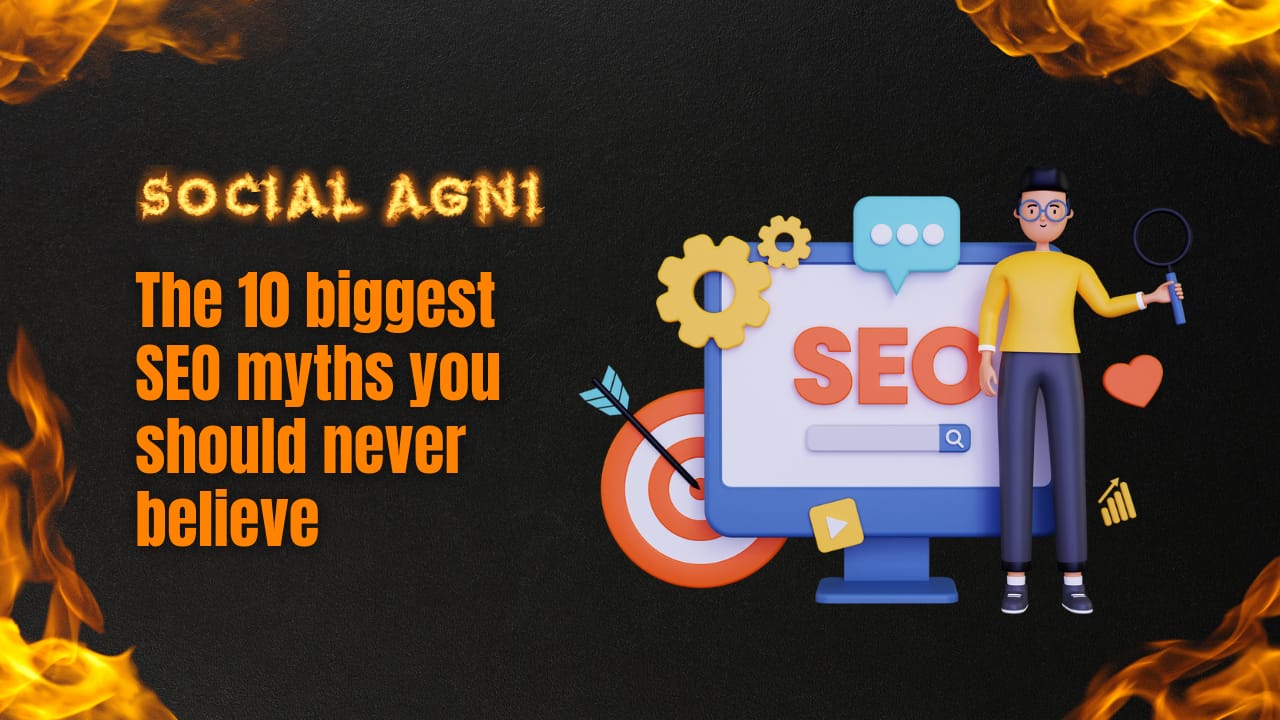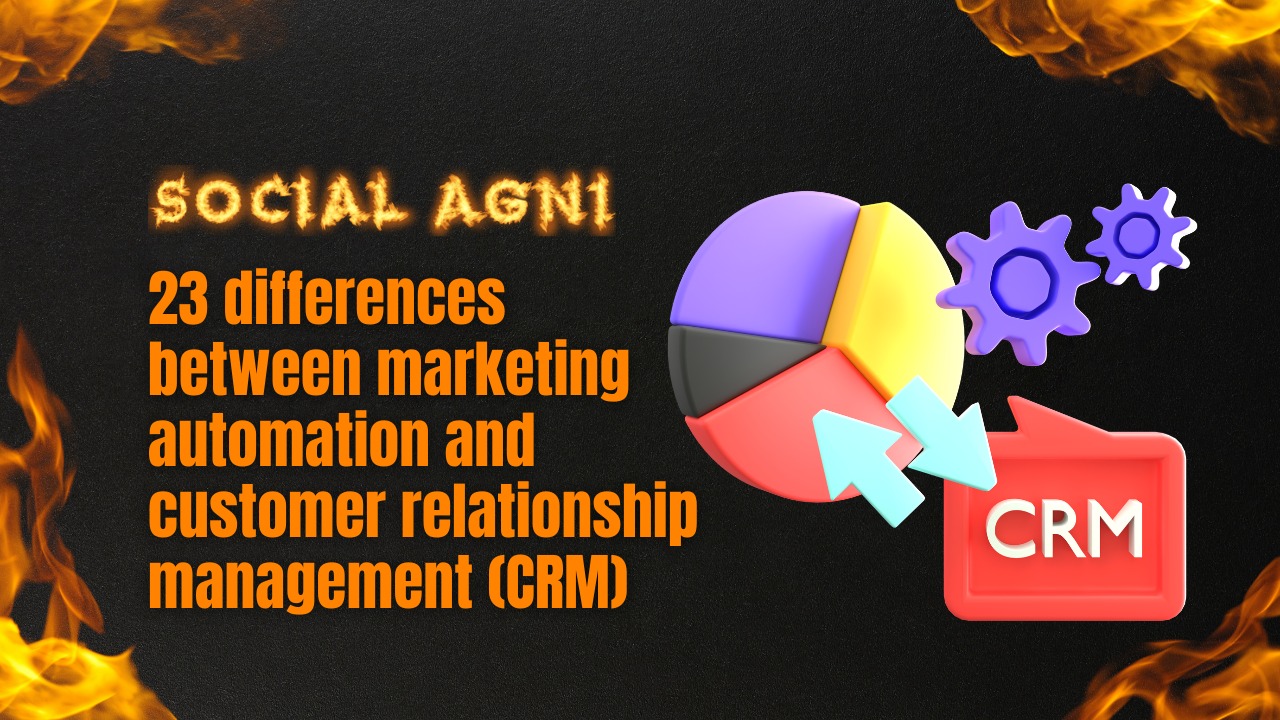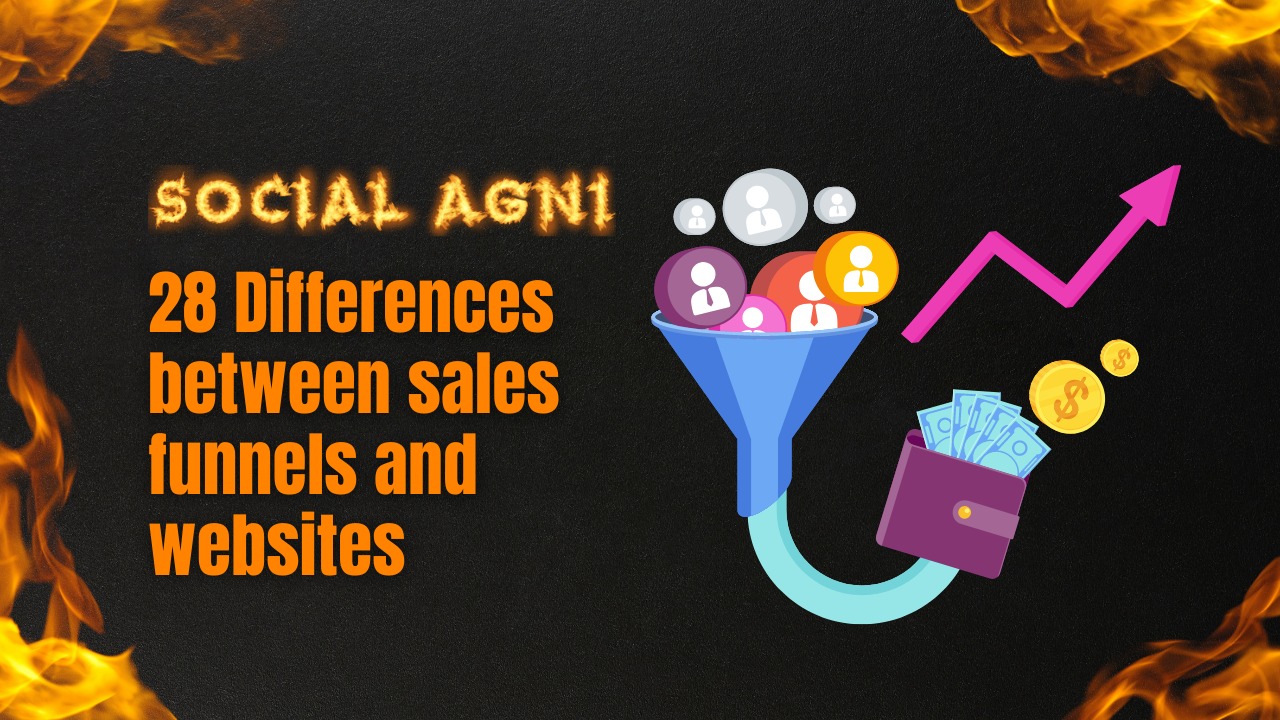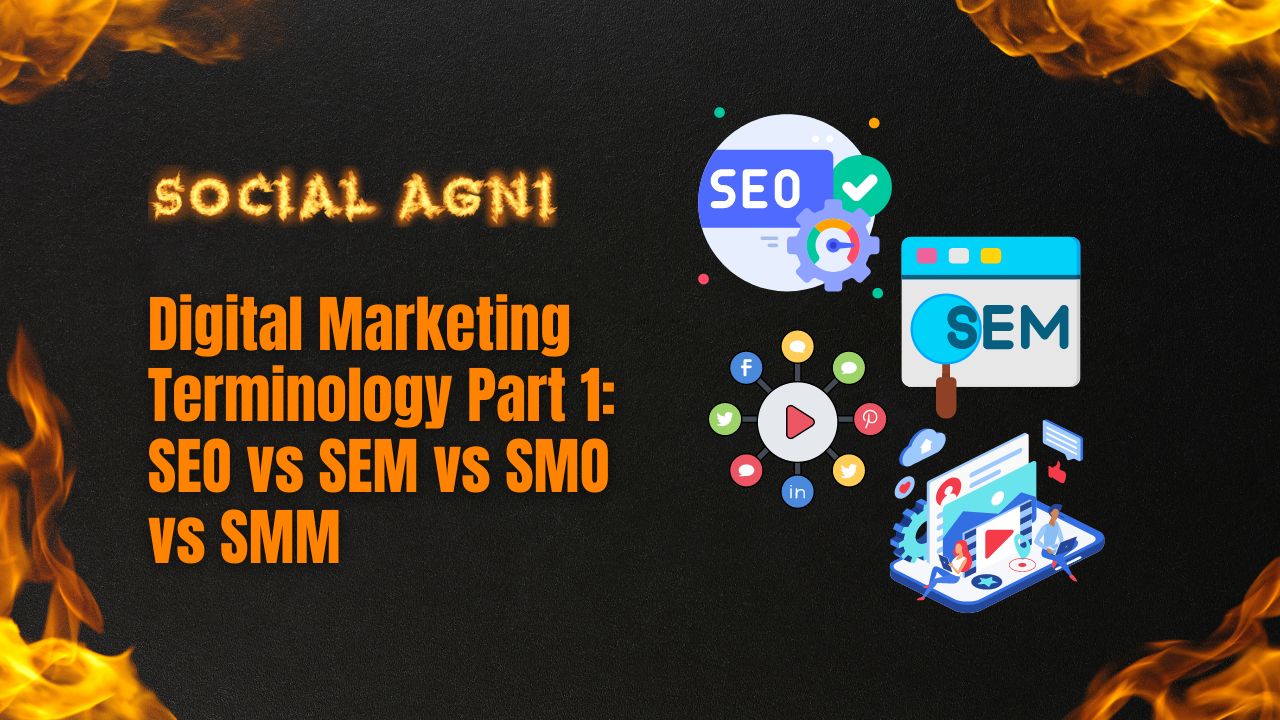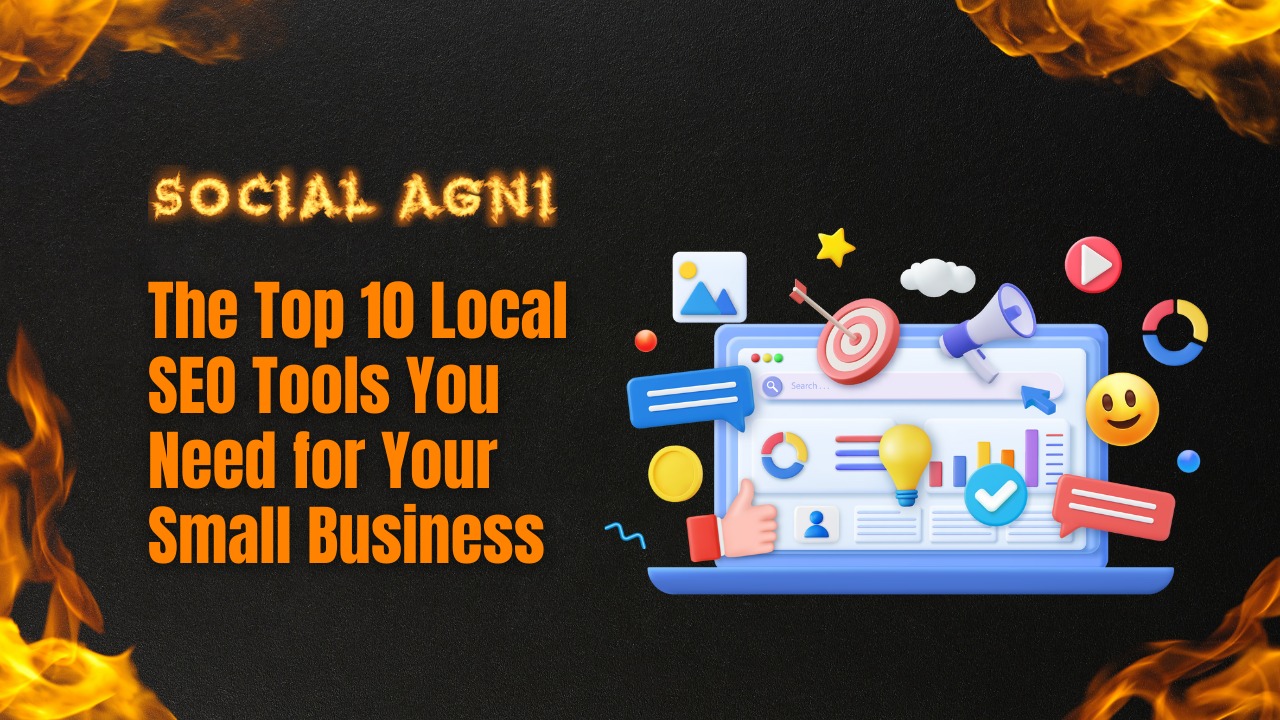SEO is a crucial element in digital marketing that should not be overlooked. Every day, millions of people search for information, products, and services on search engines like Google, Bing, and Yahoo. SEO involves enhancing a website to achieve a better position in the search engine results pages (SERPs) for keywords that are relevant. However, there are many myths about SEO that can mislead website owners and hurt their online visibility. In this article, we will debunk the 10 biggest SEO myths you should never believe.
Myth 1: SEO is a one-time task
Many website owners mistakenly believe that SEO is a one-time task that they can do and then forget about. However, SEO is a long-term process that requires ongoing attention and maintenance. This is because search engines are constantly updating their algorithms and ranking factors, so website owners need to keep up with the latest trends and best practices in order to maintain their online visibility.
Moreover, SEO is not a static process. It requires a lot of experimentation, testing, and refinement to achieve optimal results. Website owners need to monitor their website’s performance on search engine results pages (SERPs) and make adjustments as necessary to improve their rankings. This may involve updating content, building new backlinks, or improving website speed and user experience.
Finally, SEO is not a one-size-fits-all solution. Different websites have different goals, audiences, and competitive landscapes. As a result, SEO strategies need to be customized to fit the unique needs of each website. This requires ongoing research and analysis to identify the most effective tactics for improving a website’s SEO.
Myth 2: Keyword stuffing is an effective SEO strategy
Some website owners believe that they can improve their SEO by stuffing their content with keywords. This strategy is no longer relevant and may have negative consequences for your SEO. Search engines are becoming increasingly sophisticated at detecting keyword stuffing and will penalize websites that engage in this practice.
Keyword stuffing can also harm the user experience of a website. When content is stuffed with keywords, it can become difficult to read and understand, which can frustrate users and lead them to leave the site. This can ultimately harm a website’s bounce rate, which is a negative ranking factor.
In addition, keyword stuffing can harm a website’s reputation and credibility. When content is clearly written for search engines rather than for users, it can appear spammy and untrustworthy. This can ultimately harm a website’s ability to attract and retain visitors, which can have a negative impact on its SEO in the long run.
Myth 3: Social media has no impact on SEO
While social media may not be a direct ranking factor, it can still have a significant impact on a website’s SEO. Social media can drive traffic to a website, increase brand awareness, and generate backlinks, all of which are important factors for SEO.
When content is shared on social media, it can attract new visitors to a website who may not have otherwise discovered it. This can ultimately increase the website’s traffic and improve its visibility on search engines. Social media can also increase brand awareness by exposing a website to a wider audience and encouraging engagement and interaction with followers.
Moreover, social media can also generate backlinks to a website, which are a key ranking factor for search engines. When content is shared on social media, it can be picked up by other websites and blogs, who may then link back to the original source. This can ultimately improve a website’s domain authority and increase its chances of ranking higher on SERPs.
Myth 4: Paid advertising improves SEO rankings
While paid advertising can help drive traffic to a website and increase brand awareness, it has no direct impact on SEO rankings. Paid advertising and SEO are two separate strategies that should be approached independently.
Paid advertising can be a great way to drive traffic to a website, particularly in the short term. However, once the advertising campaign is over, the traffic will likely decrease. SEO, on the other hand, is a long-term strategy that can help a website attract organic traffic over time.
Moreover, paid advertising does not improve a website’s domain authority or generate backlinks, both of which are important ranking factors for SEO. While paid advertising can be an effective way to supplement an SEO strategy, it should not be relied on as the sole means of improving a website’s online visibility.
Myth 5: Link building is no longer important for SEO
Link building has been a key part of SEO since the early days of search engines, and it remains an important factor today. However, the way in which link building is approached has changed over time.
In the past, link building was often approached as a quantity over quality game. Website owners would focus on building as many backlinks as possible, regardless of the quality of the source or the relevance of the content. However, this approach is no longer effective and can actually harm a website’s SEO.
Today, link building should be approached as a quality over quantity game. Website owners should focus on building high-quality backlinks from relevant, authoritative sources. This requires a lot of research and outreach to identify potential link opportunities and build relationships with other websites and bloggers.
Myth 6: SEO is all about technical optimization
While technical optimization is an important part of SEO, it is not the only factor that determines a website’s ranking on search engines. SEO is a multifaceted strategy that requires attention to a variety of factors, including content quality, user experience, and backlink profile.
Content quality is one of the most important factors for SEO. Search engines are constantly looking for high-quality, informative, and engaging content that is relevant to the user’s search query. Websites that consistently produce high-quality content are more likely to attract organic traffic and improve their rankings on SERPs.
User experience is another important factor for SEO. Search engines want to provide users with the best possible search experience, so they tend to favor websites that are easy to navigate, load quickly, and provide a positive user experience. Websites that prioritize user experience are more likely to attract and retain visitors, which can ultimately improve their SEO rankings.
Myth 7: SEO is all about ranking #1 on Google
While ranking #1 on Google is certainly a desirable outcome, it is not the only measure of SEO success. SEO is a long-term strategy that requires ongoing attention and maintenance, and success should be measured by a variety of metrics.
Website owners should focus on metrics that are directly related to their business goals, such as website traffic, conversions, and revenue. While a high ranking on SERPs can certainly contribute to these metrics, it is not the only factor. Website owners should also focus on improving user experience, building brand awareness, and engaging with their target audience through social media and other channels.
Myth 8: SEO is only for large businesses
SEO is important for businesses of all sizes, from small local businesses to large multinational corporations. In fact, SEO can be particularly beneficial for small businesses that are looking to compete with larger competitors on a local level.
Local SEO, in particular, can be a powerful tool for small businesses. By optimizing their website and online presence for local search, small businesses can attract customers in their local area and improve their online visibility. This can ultimately lead to increased traffic, conversions, and revenue.
Myth 9: Keywords are the most important factor for SEO
While keywords are certainly an important factor for SEO, they are not the only factor. In fact, search engines have become increasingly sophisticated in recent years and are now able to understand the context and meaning behind search queries, even if they do not include exact match keywords.
Today, search engines prioritize content quality and relevance over keyword density. Websites that provide high-quality, informative, and engaging content that is relevant to the user’s search query are more likely to rank well on SERPs, even if they do not use exact match keywords.
Moreover, keyword stuffing, or the practice of adding irrelevant or excessive keywords to a website in an attempt to improve its SEO rankings, can actually harm a website’s SEO. Search engines are able to detect this practice and may penalize websites that engage in it.
Myth 10: The more pages a website has, the better its SEO will be
One of the most common myths surrounding SEO is the belief that having a large number of pages on a website will automatically improve its SEO performance. This is simply not true. While it is certainly possible to optimize a larger website to improve its SEO, the number of pages on a site is not the only factor that search engines consider when ranking sites.
In fact, having a large number of low-quality pages on a website can actually harm its SEO performance. This is because search engines prioritize the quality and relevance of website content over its quantity. If a website has a lot of low-quality or duplicate content, it may be penalized by search engines, resulting in lower rankings on SERPs. Rather than focusing on creating a large number of pages, website owners should focus on creating high-quality, valuable, and engaging content that is relevant to their target audience. By doing so, they can attract more traffic and improve their SEO performance over time.
Conclusion
In conclusion, SEO is a complex and constantly evolving field that requires a deep understanding of search engine algorithms and user behavior. By debunking these common SEO myths, website owners can develop a more effective SEO strategy that will help them achieve their online goals. Remember, SEO is not a one-time task and requires constant attention and maintenance to produce results. By staying up-to-date with the latest trends and best practices, website owners can improve their online visibility, drive relevant traffic
Frequently Asked Questions (FAQs)
1. What is SEO?
SEO stands for search engine optimization, which is the process of optimizing a website to improve its visibility and ranking on search engine results pages (SERPs).
2. Why is SEO important?
SEO is important because it can help website owners attract more traffic, generate leads and sales, and achieve their business goals.
3. What is the difference between on-page and off-page SEO?
On-page SEO refers to optimizing the content and structure of a website, while off-page SEO refers to building backlinks and social signals from other websites.
4. How long doe it takes to see results from SEO?
It can take anywhere from a few weeks to several months to see significant results from SEO, depending on the competitiveness of the industry and the quality of the SEO strategy.
5. Are meta tags still important for SEO?
While meta tags are not as important for SEO as they used to be, they can still have a small impact on rankings and can be useful for improving click-through rates from SERPs.
6. Is it necessary to submit a website to search engines?
No, it is not necessary to manually submit a website to search engines, as they will typically find and index the site on their own.
7. What is the best way to improve website rankings on SERPs?
The best way to improve website rankings on SERPs is to create high-quality, informative, and engaging content that is relevant to users’ search queries, and to optimize the website’s structure and technical elements.
8. What is the role of backlinks in SEO?
Backlinks are important for SEO because they signal to search engines that other websites consider the content on a particular page to be valuable and authoritative.
9. Is it possible to achieve high rankings on SERPs without SEO?
While it is possible to achieve high rankings on SERPs without SEO, it is much less likely, as SEO is one of the most effective ways to improve a website’s visibility and attract organic traffic.
10. What is the most important factor for SEO?
There is no single most important factor for SEO, as rankings are determined by a complex algorithm that takes into account a wide range of factors, including content quality, relevance, and user experience.
References
- https://neilpatel.com/blog/17-seo-myths-that-you-should-never-follow/
- https://ahrefs.com/blog/seo-myths/
- https://www.newofferings.com/blog/web-marketing/seo/ten-seo-myths-you-need-to-avoid/
- https://mailchimp.com/resources/what-is-backlinking-and-why-is-it-important-for-seo/
- https://www.woorank.com/en/blog/on-page-vs-off-page-seo-whats-the-difference
